
The Rise of Hybrid Events: Strategies for Success from an Event Management Company in Singapore
April 17, 2025Post-Event Engagement: Keeping the Momentum Going
May 14, 2025Enhancing Attendee Engagement through Gamification
Tips & Tricks · 1 May 2025
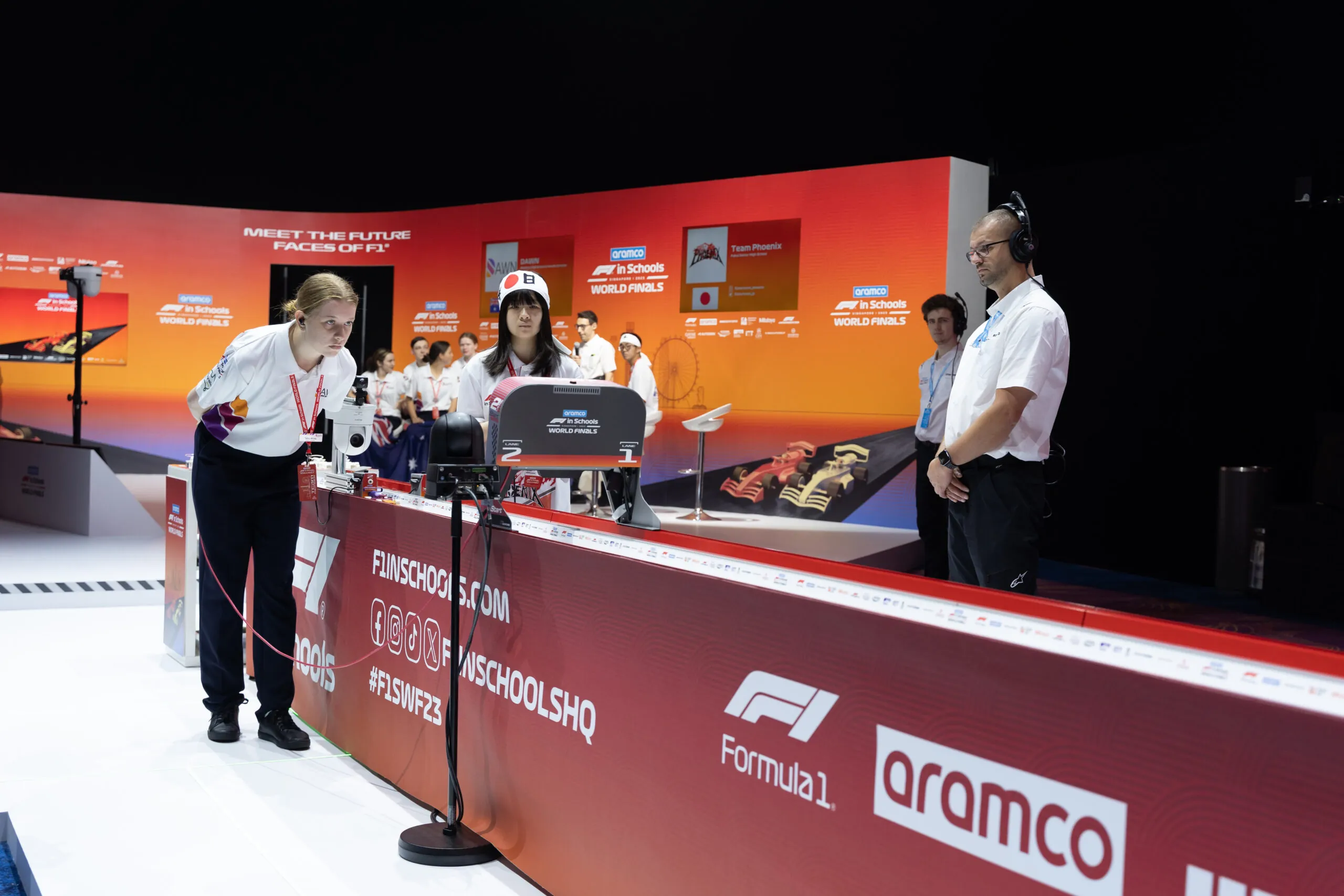
Singapore’s vibrant events industry, spanning roadshows, seminars, corporate events, and networking events, is constantly evolving to meet the demands of a discerning, tech-savvy audience. Event organisers and event management companies in Singapore are increasingly turning to gamification to transform traditional event formats into dynamic, interactive experiences. This article explores the psychology behind gamification, creative ways to incorporate games into conferences and corporate events, how gamification boosts participation, and showcases successful case studies – all within Singapore’s unique event ecosystem.
The Psychology Behind Gamification in Events
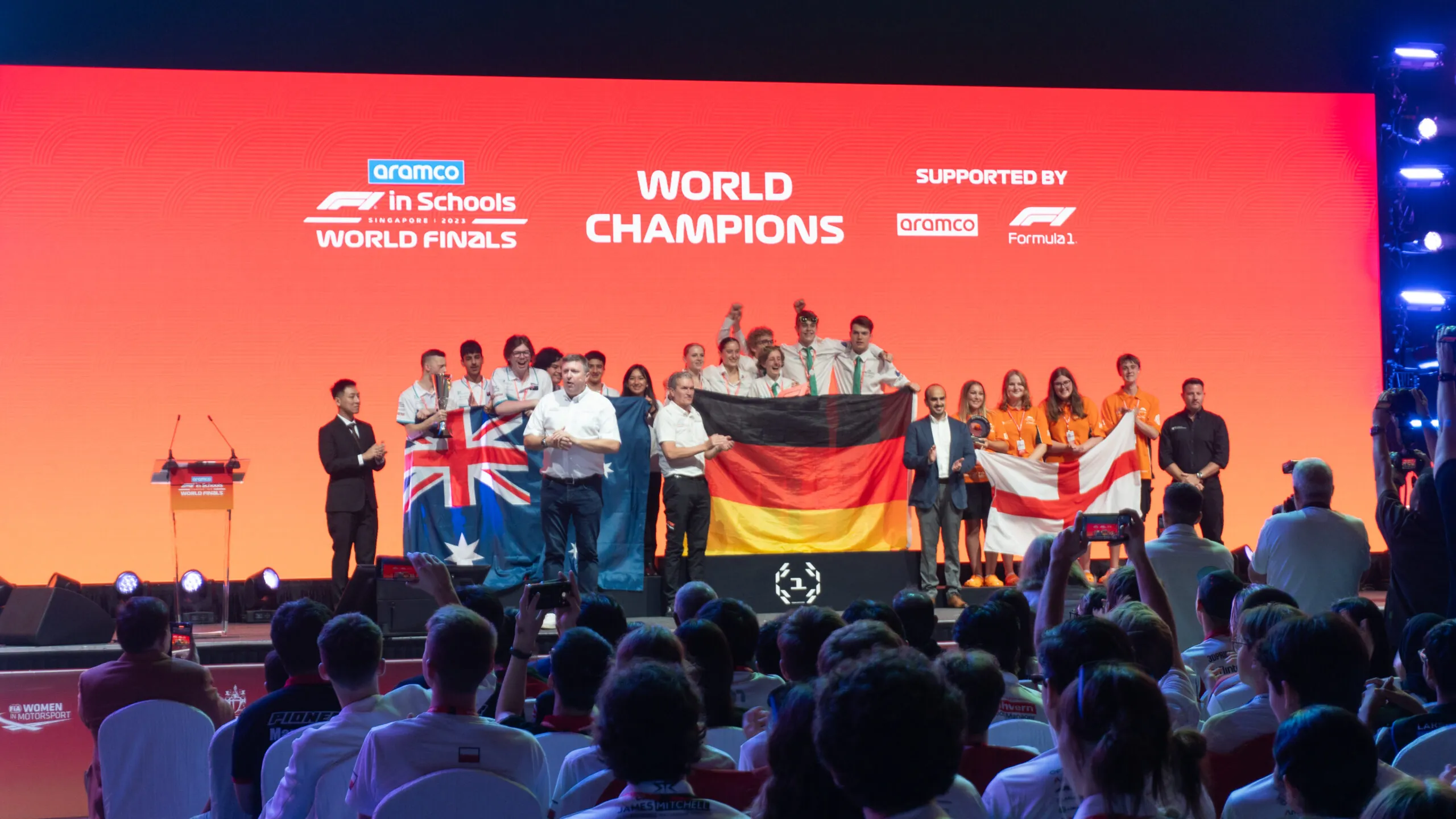
Understanding why gamification works requires a dive into human psychology, which event design and event marketing professionals leverage to enhance engagement.
Intrinsic Motivation and Competence: Gamification taps into intrinsic motivators by offering attendees a sense of mastery and accomplishment. For example, earning points, badges, or levels during a seminar or roadshow in Singapore provides attendees with tangible proof of their progress, satisfying their need for competence. This is crucial in corporate events where learning and skill acquisition are key objectives.
Instant Gratification and Reward Systems: The brain’s dopamine pathways are activated by immediate rewards. Event production teams in Singapore design gamified elements such as instant prize draws or unlocking exclusive content, which provide attendees with quick feedback and gratification, keeping them engaged throughout the event.
Social Influence and Competition: Leaderboards and team challenges foster friendly competition and social bonding. In Singapore’s networking events, such as industry mixers or trade shows, gamification encourages attendees to connect more actively, boosting networking outcomes.
Progress Visualisation: Tools like progress bars and milestone notifications help attendees track their journey, reinforcing continued participation. Event companies in Singapore integrate these visual cues into event apps, enhancing motivation.
By applying these psychological principles, event management companies in Singapore create immersive experiences that resonate deeply with attendees, turning passive spectators into active participants.
Creative Ways to Incorporate Games into Conferences
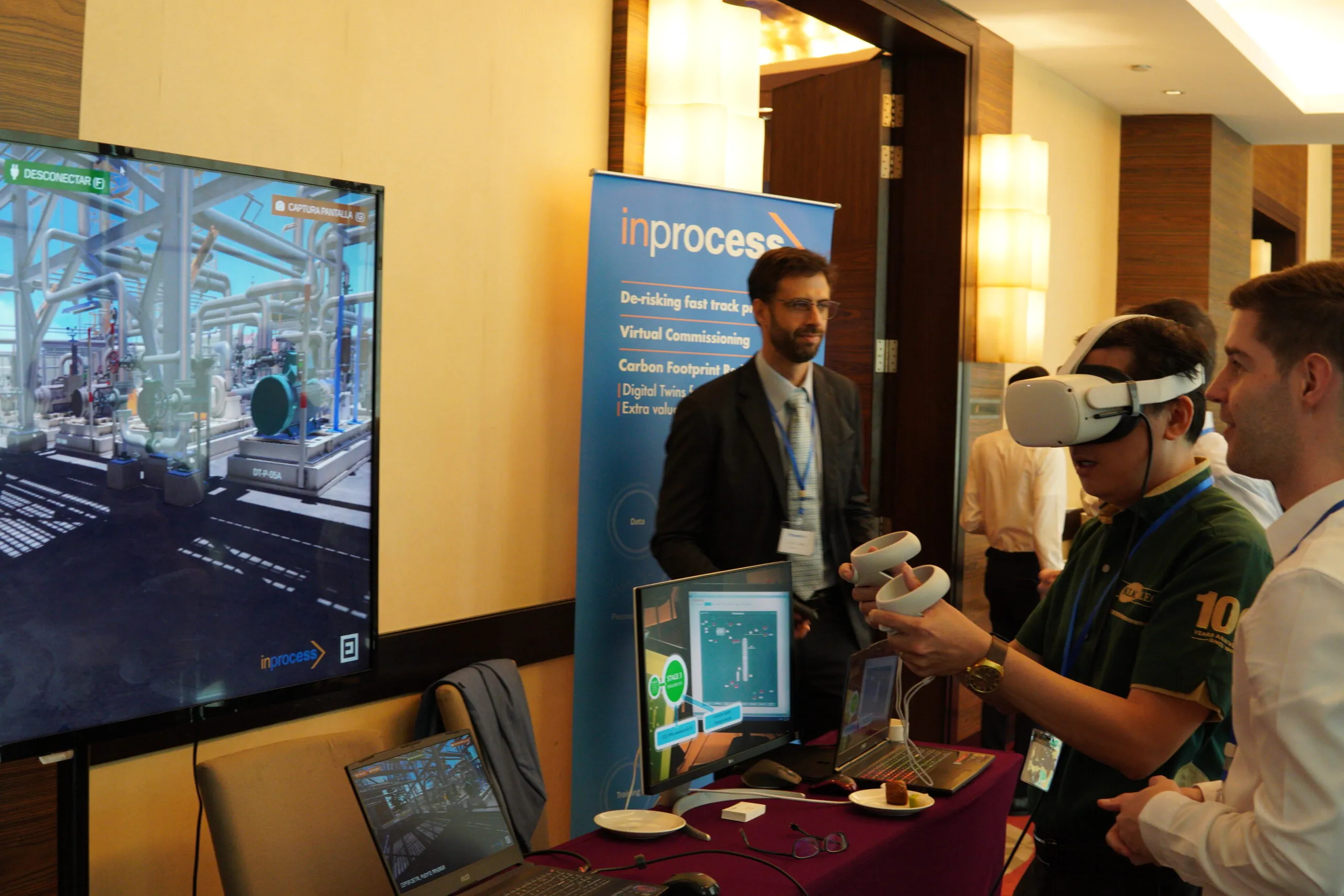
Singapore’s event organisers are pioneering innovative gamification strategies that blend technology, culture, and event design to captivate audiences.
- Digital Scavenger Hunts in Roadshows and Seminars
Event companies in Singapore often incorporate digital scavenger hunts into roadshows or seminars to encourage exploration and interaction. For example, attendees might use an event app to scan QR codes at sponsor booths or seminar rooms, earning points for each check-in. This not only increases foot traffic but also maximises sponsor visibility. Iconic venues such as Marina Bay Sands or Suntec Convention Centre provide perfect backdrops for such interactive hunts.
- Interactive Polls and Quizzes for Real-Time Engagement
In seminars and corporate events, live polls and quizzes integrated via platforms like Slido or Eventify keep audiences attentive. Event marketing teams design quizzes related to session content, awarding points for correct answers. This gamified learning approach enhances knowledge retention and encourages participation, especially in technical seminars or leadership workshops.
- Networking Challenges at Networking Events Singapore Hosts
Networking can be daunting, but gamification eases the process. Event organisers design “networking bingo” or “connection quests” where attendees earn points for meeting new contacts, exchanging business cards, or attending breakout sessions. AI-powered matchmaking apps like Grip further enhance this by pairing attendees based on interests, with gamified incentives to encourage meaningful conversations.
- Augmented Reality (AR) and Virtual Reality (VR) Experiences
Singapore’s push towards a Smart Nation sees event companies integrating AR/VR into event production. For example, a corporate event might feature an AR game where participants solve puzzles related to the company’s products or sustainability goals. VR escape rooms themed around Singapore’s urban innovations offer immersive team-building experiences.
- Sustainability Missions Aligned with Singapore’s Green Initiatives
Incorporating eco-friendly challenges into event design reflects Singapore’s Green Plan 2030. Attendees earn points for sustainable actions such as using digital materials, participating in recycling drives, or choosing green transportation to the event. Event marketing campaigns highlight these missions, reinforcing brand values and social responsibility.
How Gamification Increases Event Participation
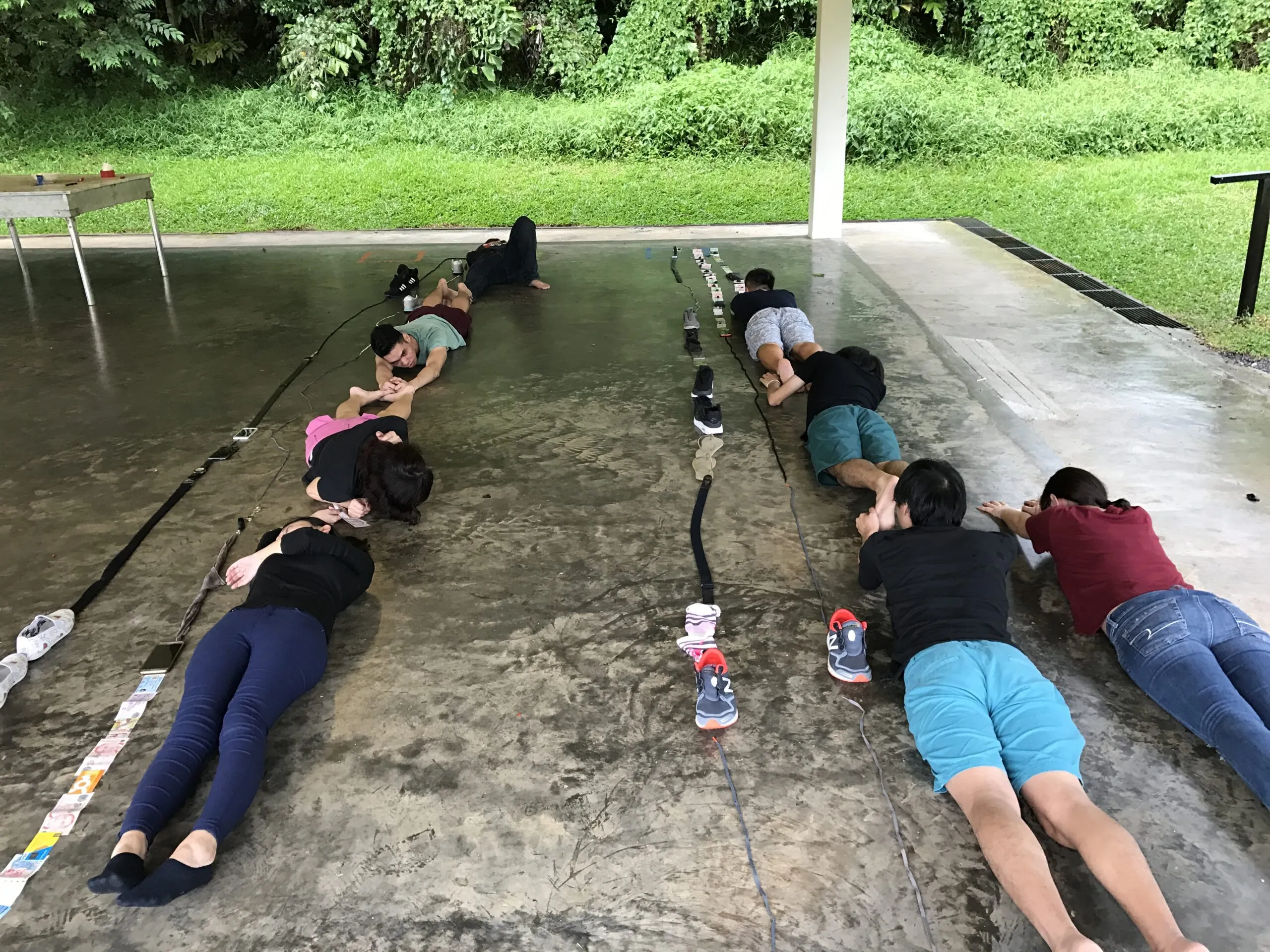
Gamification addresses several key challenges faced by event organisers and event management companies in Singapore, leading to measurable improvements in participation and outcomes.
Boosting Registration and Attendance: Offering gamified incentives such as early-bird points or exclusive access to VIP sessions motivates early registration and reduces no-shows. For roadshows Singapore hosts, this can translate into higher turnout and more engaged audiences.
Enhancing Learning and Retention: Gamified elements like quizzes and scenario-based challenges increase information retention by up to 40%, according to studies from corporate training events. This is especially valuable in seminars and workshops where knowledge transfer is critical.
Increasing Sponsor Engagement and ROI: Gamification drives attendees to interact with sponsors through challenges like “visit five sponsor booths” or “complete a product demo,” generating qualified leads. Event companies in Singapore tailor these mechanics to maximise sponsor visibility and engagement.
Generating Valuable Data Insights: Event management companies leverage gamification platforms to collect data on attendee behaviour, preferences, and engagement levels. This data informs future event design, marketing strategies, and sponsor partnerships.
Fostering Networking and Collaboration: Gamified networking challenges encourage attendees to connect beyond superficial interactions, building stronger professional relationships and community ties.
Case Studies: Events That Used Gamification Effectively
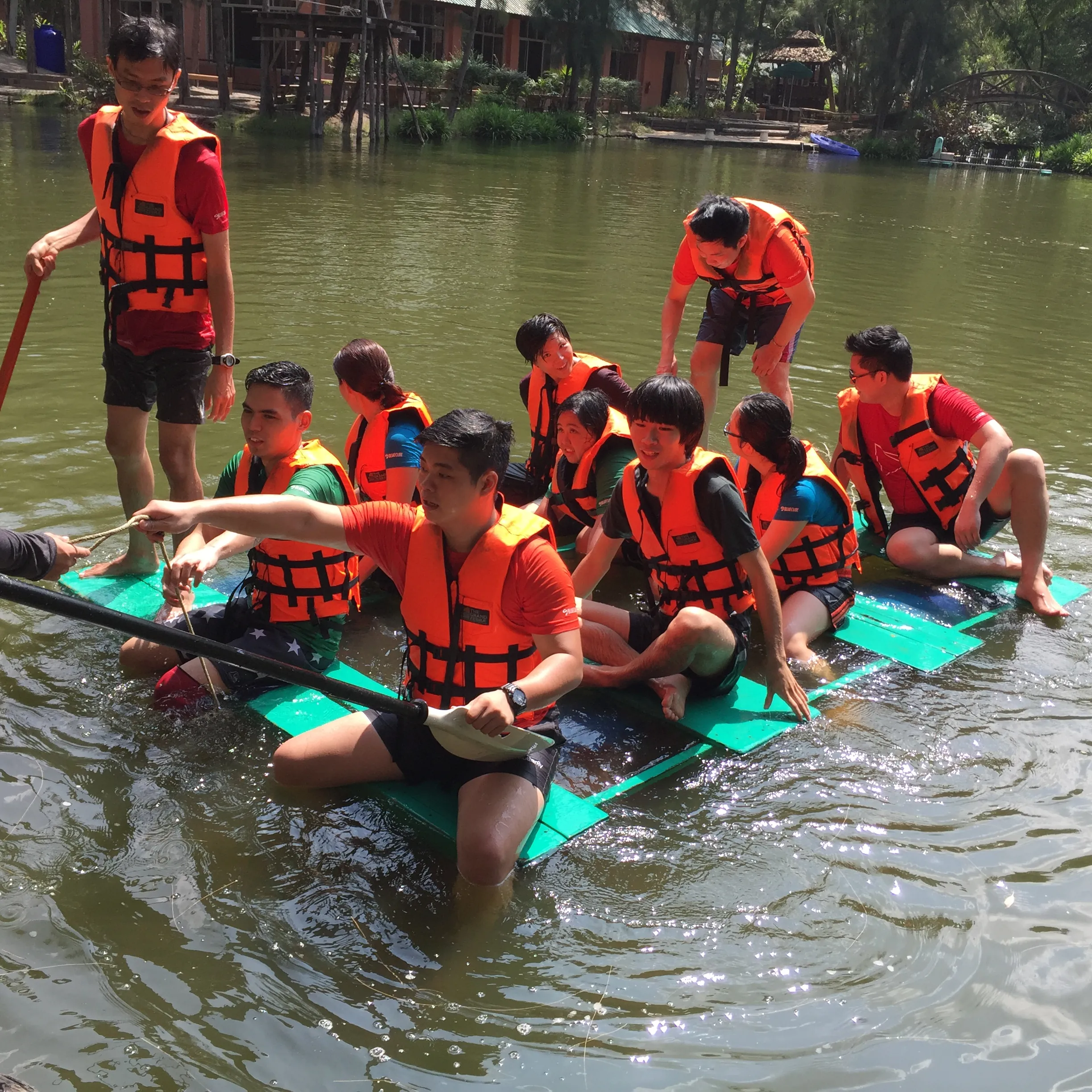
- Singapore FinTech Festival (SFF)
The world’s largest fintech event integrated a blockchain-based rewards system where attendees earned tokens for attending sessions, visiting exhibitor booths, and participating in workshops. These tokens could be redeemed for unique NFTs or priority meetings with investors. This gamification approach increased attendee satisfaction by 75% and boosted sponsor lead generation by 30%, showcasing the power of gamification in large-scale corporate events.
- Tech in Asia Conference
To encourage networking among introverted tech professionals, the event organiser introduced a “Founder Quest” game. Attendees formed teams to solve start-up-related puzzles, with winners earning opportunities to pitch to venture capitalists. Over 500 meaningful connections were logged, significantly enhancing networking outcomes.
- GO WEST 23 Roadshow Singapore Edition
This event used a mobile scavenger hunt to drive exploration of sponsor booths and seminar sessions. Leaderboards displayed real-time rankings, fostering friendly competition. The gamified format increased session attendance and sponsor interactions by over 40%, demonstrating gamification’s effectiveness in roadshows.
- Singapore International Water Week
An AR game simulated reservoir management challenges, educating attendees on water sustainability. Participants competed on leaderboards, with 90% reporting improved recall of sustainability strategies post-event. This case highlights how gamification can enhance learning in seminars and conferences focused on environmental issues.
- Corporate Events by Eventive
A leading event company in Singapore, Eventive integrates gamification into corporate event production by designing interactive quizzes, networking games, and AR experiences tailored to client objectives. Their full-service event management approach, from event design to event marketing and production, ensures seamless gamified experiences that elevate engagement and brand impact.
In Singapore’s competitive event landscape, gamification is a vital strategy for event organisers and event management companies aiming to enhance attendee engagement across roadshows, seminars, corporate events, and networking events. By leveraging psychological motivators, innovative game mechanics, and cutting-edge technology, event companies in Singapore transform traditional formats into immersive, memorable experiences. Gamification not only boosts participation but also drives learning, networking, and sponsor ROI, making it indispensable for modern event design and production.
Singapore’s event industry, supported by top-tier event management companies and a culture of innovation, is perfectly positioned to lead in gamified event experiences. Whether you are planning a seminar, a corporate event, or a large-scale roadshow in Singapore, integrating gamification will ensure your event stands out, captivates audiences, and achieves measurable success.
If you want to elevate your next event through gamification, consider partnering with us to bring expertise in event design, marketing, and production to deliver impactful outcomes.
Let’s Collaborate.
Get in touch with us for your next event!
We hope you enjoyed this article “Here’s Why Not Hiring an Event Company Could Be a Costly Mistake”. Head on to Our Works to see the events we have managed!
If you are looking to manage an event, then look no further than us.
